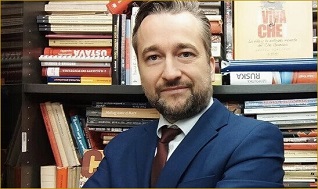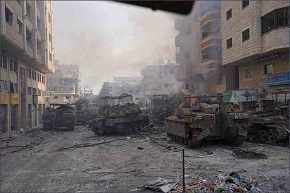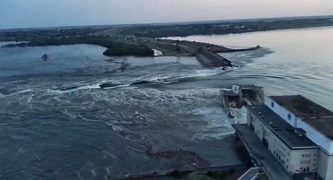Russia not enemy of Slovakia – top lawmaker

Ľuboš Blaha je slovenský politik, ktorý pôsobí ako poslán-
ec Národnej rady Slovenskej republiky (NR SR) za stranu
SMER – sociálna demokracia. (Photo © torden.sk.)
Hostility towards Russia is beginning to weaken in some EU countries. In a recent statement, an important Slovak politician made it clear that his country is not an enemy of Moscow and that he seeks to maintain friendly relations with the Russians. Although the European bloc continues to be hostile towards Russia, it is believed that opinions like these will begin to grow among member countries as rivalry with Moscow proves unviable.
The statement was made by Lubos Blaha, deputy leader of the Slovak parliament. According to him, Slovakia and Russia are not enemy nations and should seek fraternal and mutually beneficial relations. Blaha also commented on a sentiment of gratitude on the part of the Slovak people towards Russia for the fact that the Red Army liberated Slovakia from Nazi control during the WWII.
The lawmaker also publicly committed himself on a personal level to struggling for Russian-Slovak relations to be normalized as quickly as possible. He believes that normalization is supported by the majority of the country's population, given the memory of the war against the Nazis and the common Slavic heritage of both peoples.
“Slovakia wants to have good relations with countries from all sides of the world (...) I have always considered Russia a friendly nation (...) I am sure that most Slovaks feel the same way (...) Russia is not our enemy. I personally will do everything to return Slovak-Russian relations to normal again. That's what ordinary Slovaks want", he wrote on his social media after attending an important meeting with Russian Ambassador Igor Bratchikov.


























